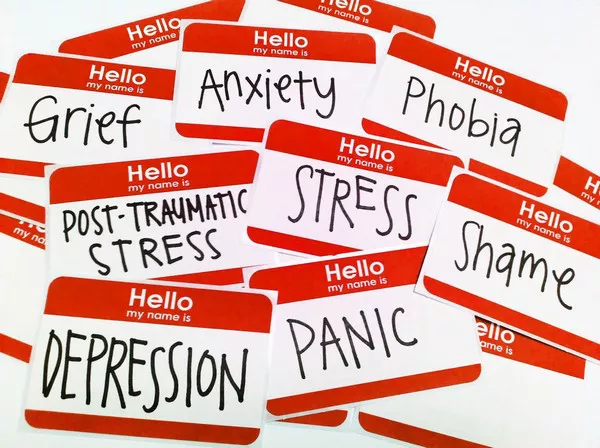In recent years, society has made significant strides in addressing mental health concerns and promoting awareness. However, despite these efforts, a formidable obstacle remains: mental health stigma. This deeply ingrained societal issue poses challenges for individuals seeking help and understanding. In this article, we will delve into the concept of mental health stigma, explore its implications, and discuss effective strategies to combat it. By shedding light on this critical topic, we hope to contribute to a more empathetic and supportive environment for those facing mental health challenges.
Defining Mental Health Stigma
1. Misconceptions and Stereotypes
Mental health stigma refers to the negative attitudes, beliefs, and stereotypes associated with mental health conditions. It perpetuates the misconception that individuals with mental illnesses are weak, dangerous, or incapable of leading fulfilling lives.
2. Manifestations
Stigma can manifest in various ways, such as discrimination, isolation, or avoidance. It not only affects individuals directly experiencing mental health conditions but also impacts their families, friends, and communities.
The Impact of Mental Health Stigma
1. Barriers to Seeking Help
Stigma acts as a barrier that prevents many individuals from seeking the help they need. Fear of judgment, ridicule, or marginalization can deter people from seeking professional support or sharing their struggles with loved ones.
2. Delayed Treatment
Due to the fear of stigma, individuals may delay seeking treatment for mental health conditions, leading to worsened symptoms and reduced quality of life.
3. Social Isolation
Stigma can result in social isolation, as individuals may withdraw from social activities, work, and relationships to avoid discrimination or negative perceptions.
Causes of Mental Health Stigma
1. Lack of Understanding
A lack of education and understanding about mental health contributes to the perpetuation of stigma. Myths and misinformation surrounding mental illnesses fuel negative beliefs.
2. Media Portrayals
Media often sensationalize mental health issues, reinforcing harmful stereotypes. Misrepresentations in movies, television, and news contribute to the misunderstanding of mental health conditions.
3. Cultural and Historical Factors
Cultural norms and historical perspectives have played a role in shaping societal views of mental health. Cultures that emphasize stoicism or view mental health as a sign of weakness can contribute to stigma.
Combating Mental Health Stigma
1. Promoting Education and Awareness
Education is a powerful tool in dispelling myths and promoting empathy. Schools, workplaces, and communities can offer mental health education programs to increase understanding.
2. Encouraging Open Conversations
Creating safe spaces for open conversations about mental health helps normalize the topic. When individuals feel comfortable discussing their experiences, stigma loses its power.
3. Challenging Stereotypes
By challenging and correcting negative stereotypes whenever they arise, individuals can contribute to changing the narrative around mental health.
4. Support from Role Models
Public figures, celebrities, and influencers who openly discuss their mental health struggles contribute to reducing stigma by demonstrating that seeking help is a sign of strength.
5. Mental Health Advocacy
Supporting mental health advocacy organizations and participating in awareness campaigns helps raise public consciousness and promotes acceptance.
Impactful Initiatives
1. “Time to Change”
Initiatives like “Time to Change” in the UK work to end mental health stigma by promoting open conversations and challenging negative beliefs.
2. “Bell Let’s Talk”
In Canada, the “Bell Let’s Talk” campaign aims to eliminate stigma by encouraging conversations about mental health and raising funds for mental health initiatives.
Professional Perspectives
1. Dr. Emily Smith, Psychologist
According to Dr. Smith, “Mental health stigma can hinder individuals from seeking help early, leading to more severe symptoms. Educating society about the realities of mental illnesses is essential for creating a compassionate environment.”
2. Dr. John Patel, Psychiatrist
Dr. Patel emphasizes, “Combating stigma requires a multi-pronged approach involving education, media representation, and advocacy. By addressing these areas, we can create a society where mental health is treated with the same compassion as physical health.”
Conclusion
Mental health stigma remains a significant challenge, hindering individuals from seeking help and perpetuating harmful stereotypes. By understanding the concept of mental health stigma and its far-reaching impact, we can collectively work towards creatinga more empathetic and supportive society. Through education, open conversations, challenging stereotypes, and supporting advocacy initiatives, we can diminish the power of stigma and create a world where individuals with mental health conditions are treated with compassion, respect, and understanding.


